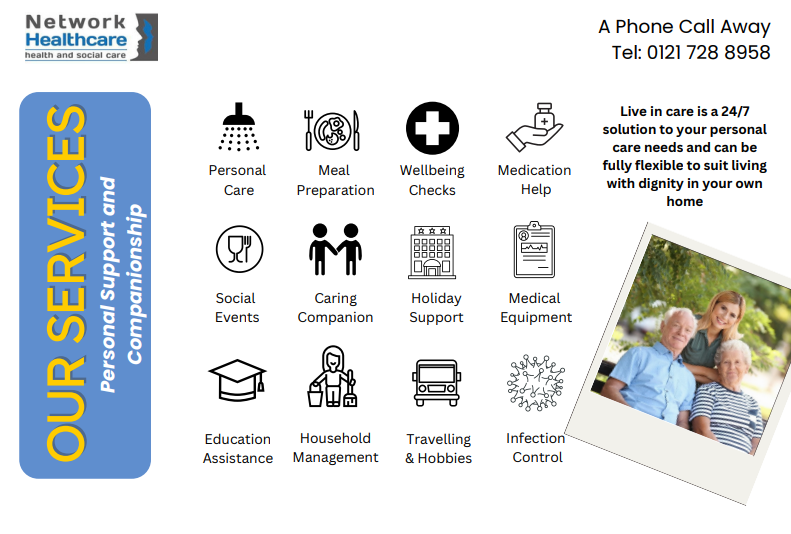
Latest Live in Care News
The 3 Most Important Steps to Finding Healthcare Or Companionship For Elderly Relative
Posted around 8 months ago •
Or copy link

Here are 3 simple steps to follow when thinking about finding healthcare or companionship care for an elderly relative.
- Assess your relative's needs: The first step is to assess your relative's needs. This will help you determine the type of care they require. For instance, if your relative has a medical condition that requires monitoring, you may need to consider healthcare services. On the other hand, if your relative is lonely and needs companionship, you may need to consider companionship care services.
- Research and compare care providers: Once you have determined the type of care your relative needs, you can start researching and comparing care providers. You can use online directories, such as the NHS website, to find care providers in your area. You can also ask for recommendations from friends, family, or healthcare professionals. When comparing care providers, consider factors such as cost, quality of care, and reputation.
- Interview and select a care provider: After you have shortlisted a few care providers, you should interview them to determine if they are a good fit for your relative. During the interview, ask questions about their experience, qualifications, and services. You should also ask for references and follow up with them. Once you have selected a care provider, make sure to review the contract carefully before signing it.
In addition to the three steps mentioned keep an open mind as to the options that may be available. Many families feel that a residential care home is the normal path for a loved one when they show signs of needing extra help with personal care.
However there are alternatives. Live-in care has many benefits but is a little known solution!
Live-in care allows your elderly relative to stay in the comfort of their own home, which can be beneficial for their overall health and well-being. It also provides them with one-to-one care, which is not always possible in a residential care setting. Live-in care can also help reduce loneliness and provide safety and security for your relative.
Keep an open mind and make sure you fully explore the choice that best suits you and the family too.
.

